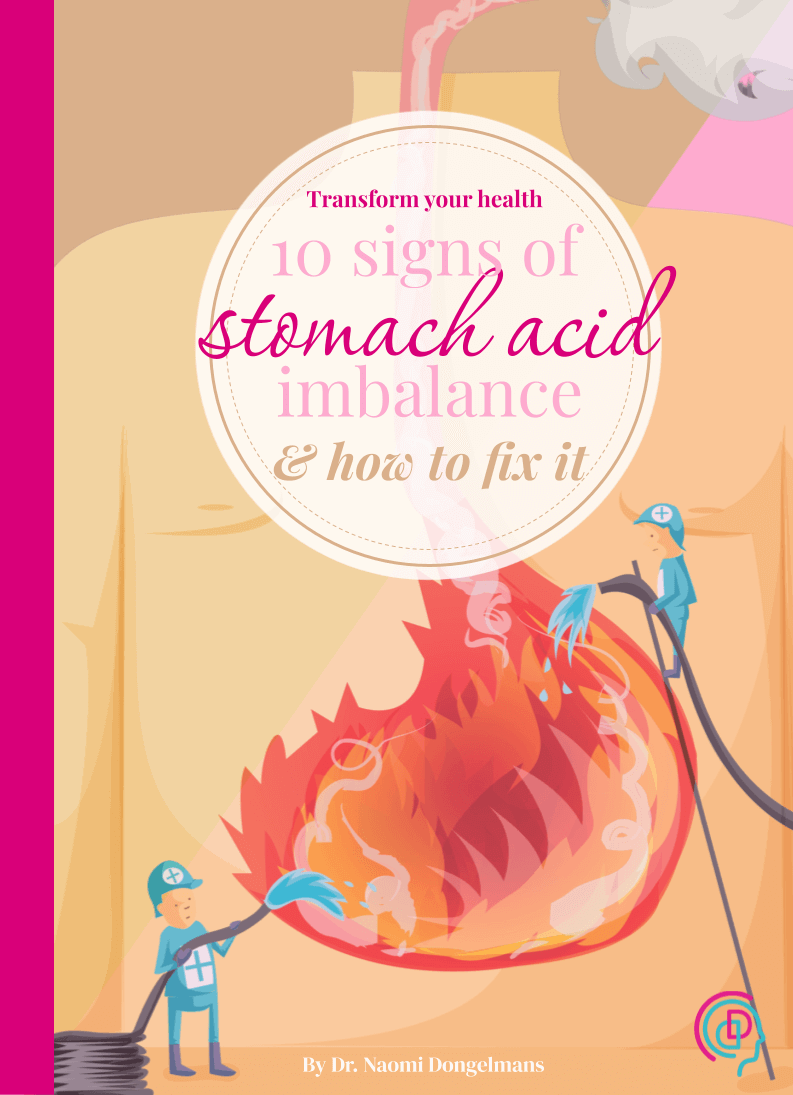
Hey there, amazing caregiver! I'm Dr. Naomi Dongelmans, and I'm here to empower you with the information you need to manage healthcare like a pro. Today, we're diving deep into the world of medications—particularly how certain ones can impact older adults. This is a life-changing read!
Why Should You Worry? 🤔
Well, who wouldn't be worried if a loved one starts experiencing frequent falls or feels drowsy all the time? It's easy to overlook medication as a potential issue. So, let's lift the lid on this topic and get you some actionable advice!
The Big Offenders 🚨
Sedatives 🛌: Think Ambien or Xanax. These can make you feel lethargic and impact your balance.
Antidepressants 😞: Like Prozac or Zoloft, often cause drowsiness or even episodes of confusion.
Antihistamines 🤧: Drugs like Benadryl can affect alertness and reaction times.
Blood Pressure Meds 💔: Beta-blockers like metoprolol can suddenly drop your blood pressure, leading to dizziness.
Bladder Medications 🚻: Drugs like Oxybutynin can cause dry mouth and blurred vision.
Antipsychotics 🧠: Like Risperdal, can affect motor skills and even cause orthostatic hypotension.
Painkillers 🤕: Opioids like morphine can lead to respiratory issues and extreme drowsiness.
What To Do? 🛠
First off, arm yourself with knowledge. Make a list of all the meds your loved ones are on, and watch for side effects. Consult your healthcare provider if you spot something alarming.
Grab My Free eBook! 📚
If this is something that worries you, then you're in luck! I've got a free eBook, "Clear Minds, Steady Feet," just for you. This eBook is the ultimate guide for understanding the medications that can be harmful to older adults and how to manage them best.
Time to Act 🎯
So there you have it, a quick rundown on how medications can be a hidden culprit behind deteriorating health in older adults. You're not powerless—armed with the right information, you can prevent a lot of pain and hassle.
Stay empowered and keep caring! 🌟
Love what you read here? Subscribe for updates! Add me to the list!




























0 Comments